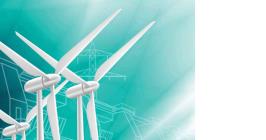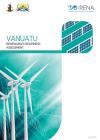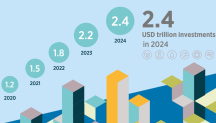

Renewables Readiness Assessment: Vanuatu
Newsletter
Vanuatu’s primary energy supply is dominated by biomass, used mainly for rural cooking, and imported petroleum products for urban energy and transport. But the government of the small-island developing state in the Pacific has set targets to increase the share of modern, sustainable renewables in the energy mix, particularly to replace costly fossil-fuel imports for power generation. Improving electricity access is also an important objective, with only 80% of urban households and 17% of rural households currently receiving electricity.
This Renewables Readiness Assessment (RRA) report calls for a grid-assessment study to prepare for large-scale integration of renewables, along with the adoption of standard designs for off-grid solar-home systems to reach remote islands or areas lacking grid connection. Meanwhile, for Vanuatu to effectively implement its National Energy Roadmap (NERM), institutional responsibilities need to be clarified.
A Renewables Readiness Assessment (RRA) identifies the actions needed to overcome a country’s barriers to renewable energy deployment, with the International Renewable Energy Agency (IRENA) providing technical support and expertise to facilitate consultations among different national stakeholders. While the process helps to shape appropriate policy and regulatory choices, each country determines which renewable energy sources and technologies are relevant and consistent with national priorities.




